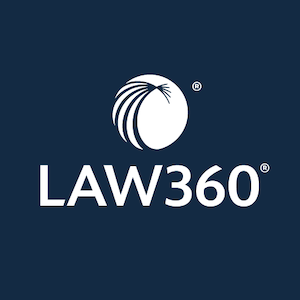“What we are witnessing in both our research and our direct engagement with businesses is an evolution. Interest and momentum are increasing,” said Ibec head of digital policy Erik O’Donovan. “Across its many applications, AI offers opportunities for businesses and public services in productivity, process augmentation, and trade.
“As with any major technological shift, there will be periods of rapid progress and moments of hesitation, but it is clear that AI is now a competitive issue and is increasingly being adopted in business processes, particularly in administration, marketing, and sales.” The findings were released as part of Ibec’s Work Just Got Smarter campaign, alongside new AI guidance to support businesses navigating AI adoption, with a focus on awareness, responsible use, employer engagement, and practical steps for getting started with AI.
Overall, the majority of employees are reporting clear benefits of AI, “underscoring a cultural shift in workplace practices”, Ibec said. In 2025, 80% of employees said they believe AI is improving productivity.
Notably, a gap existed between AI adaption and training, with 81% of respondents saying they could make better use of AI with additional training. The research showed that 27% of respondents had not received formal training, while 65% said they likely or very likely will need more AI training.
Ibec said AI readiness is a “whole of government and whole of economy challenge”.
“The readiness of government, sectors, organisations, and individuals to realise the economic opportunities from AI, including net job creation, requires urgent and coordinated action. AI access, literacy, and skills are now a strategic imperative for all,” said Mr O’Donovan.
Ibec president Anne O’Leary who is head of Meta in Ireland, called for collective effort in Ireland and across Europe to champion AI innovation. “The Draghi Report makes clear that AI adoption is essential for economic competitiveness and differentiation. Europe and Ireland share a strong political commitment to a digital and green future, with ambitious targets for 75% enterprise adoption of AI by 2030. To accelerate AI readiness, we must close existing gaps and keep pace with global competition.” Ms O’Leary noted that AI remains a too in business operations. “Realising the full benefits of AI will only be possible if people remain at the centre of it.”
Ibec’s guidance also aims to offer companies support complying with obligations of the EU AI Act, a regulation which envisages harmonised rules for AI. The act looks to promote human-centric AI, and will be fully applicable in August 2026. When the act comes into full force, penalties for breaching its measures wil carry a fine of as much as 7% of a company’s annual sales or 3% for the companies developing advanced AI models.
In July, the EU published its General-Purpose AI Code of Practice, a voluntary tool designed to help industry comply with the AI Act’s obligations. The code covers transparency, copyright, and safety and security. The code was signed by companies including Microsoft, Google, IBM, OpenAI, and Anthropic but notably absent was Meta, with chief global affairs office Joel Kaplan commenting that Europe was “heading down the wrong path on AI”.



